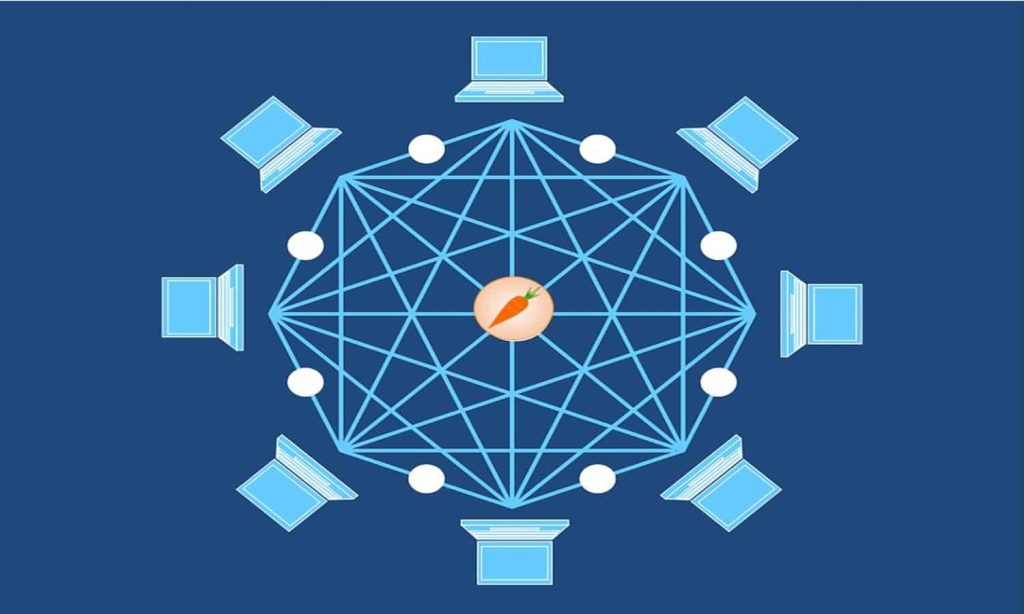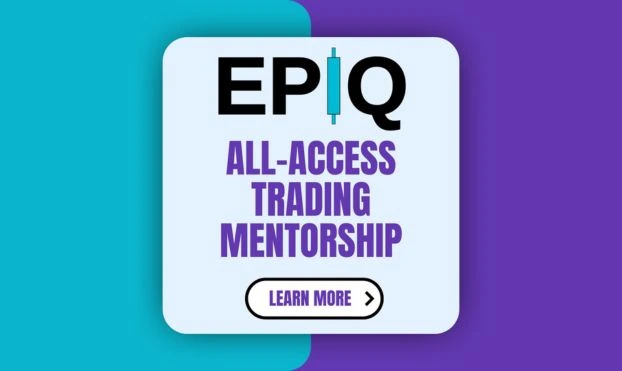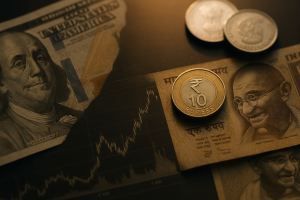Blockchain technology, initially popularized through cryptocurrencies like Bitcoin, has rapidly expanded its reach into various industries. One sector significantly benefiting from blockchain’s disruptive potential is supply chain management. Blockchain enhances transparency, traceability, and accountability, addressing long-standing challenges related to fraud, inefficiency, and opacity within global supply chains.
Before diving deeper, if you’re keen to understand blockchain technology and trading at a deeper level, consider joining the EPIQ Trading Floor. Gain exclusive access to trade signals, live streams for members only, one-on-one coaching sessions, and a comprehensive mobile app designed to boost your trading knowledge. Try it risk-free with a 3-day trial—cancel anytime within 72 hours without any charges. Use the code BLOG at checkout to receive 10% off your membership.
Understanding Blockchain’s Impact on Supply Chains
A blockchain is essentially a distributed digital ledger that records transactions securely and transparently. Every participant in a blockchain network holds a copy of this ledger, allowing for real-time updates visible to all parties involved. In the context of supply chains, blockchain technology can accurately track goods and transactions, from raw materials through to the final product.
Historically, supply chains have suffered from information silos, with data scattered across various stakeholders. According to research by Supply Chain Digital, 45% of supply chain leaders believe blockchain significantly increases transparency. Blockchain enables stakeholders to share verified information, eliminating ambiguity and reducing fraud.
Real-Time Transparency and Traceability
One of blockchain’s key advantages in supply chains is its ability to provide real-time traceability. Each item or batch can be uniquely recorded on the blockchain, documenting every step of its journey. This helps businesses instantly identify issues like contamination or delays. For instance, major corporations like Walmart have successfully leveraged blockchain technology to track products from farm to shelf, dramatically reducing recall times from weeks down to seconds, as reported by Harvard Business Review.
Blockchain’s transparency significantly boosts consumer confidence as well. Shoppers today increasingly demand visibility into product origins, manufacturing processes, and ethical practices. By integrating blockchain, businesses provide proof of authenticity, enhancing trust and brand loyalty.
Improved Efficiency and Reduced Costs
Beyond transparency, blockchain technology streamlines administrative processes and reduces overhead costs. Automating documentation through smart contracts—self-executing agreements built on blockchain—eliminates paperwork and significantly speeds up operations. According to a study published by Accenture, implementing blockchain can reduce operational costs by up to 30%, improving efficiency and competitiveness.
Additionally, blockchain-driven solutions can minimize disputes and accelerate conflict resolution by providing immutable records. All transaction data is securely stored and easily verifiable, ensuring smooth and transparent interactions between suppliers, logistics providers, and retailers.

Enhancing Sustainability and Ethical Practices
Blockchain also empowers businesses to validate sustainability claims and ensure ethical sourcing. Companies face increasing regulatory and public scrutiny regarding environmental and social responsibilities. Blockchain provides an auditable and tamper-proof record of compliance, enabling businesses to demonstrate adherence to sustainability standards and fair labor practices.
Projects like Provenance utilize blockchain to trace sustainability credentials, helping brands communicate clear evidence of ethical practices to consumers. Such transparency is increasingly important, with IBM research indicating that 71% of consumers are willing to pay more for transparent, ethically sourced products.
Challenges and Considerations
While blockchain technology promises transformative benefits, implementation isn’t without challenges. Scalability, integration with existing systems, and the cost of transitioning remain barriers for many companies. Moreover, blockchain’s efficacy relies heavily on widespread adoption across all stakeholders in the supply chain.
To maximize blockchain’s benefits, businesses must foster collaboration and standardization among supply chain partners. Industry-wide agreements on data sharing, transparency, and technology standards are essential to fully harness blockchain’s potential.

Final Thoughts
Blockchain technology holds tremendous promise for revolutionizing supply chain transparency, efficiency, and accountability. By providing real-time traceability, reducing operational costs, and improving sustainability practices, blockchain is rapidly becoming an indispensable tool in modern supply chain management.
If you’re eager to explore blockchain technology further and enhance your understanding of crypto trading and market dynamics, consider joining the EPIQ Trading Floor. Members receive exclusive benefits, including real-time trade signals, private live streams, a mobile app packed with resources, and personalized coaching. Sign up today and use the code BLOG at checkout for 10% off your membership. Enjoy a risk-free 3-day trial—cancel anytime within 72 hours without charge.
Disclaimer: This blog is for educational purposes only and does not constitute financial advice. Always conduct thorough research and consult with a financial advisor before making investment decisions.










Responses